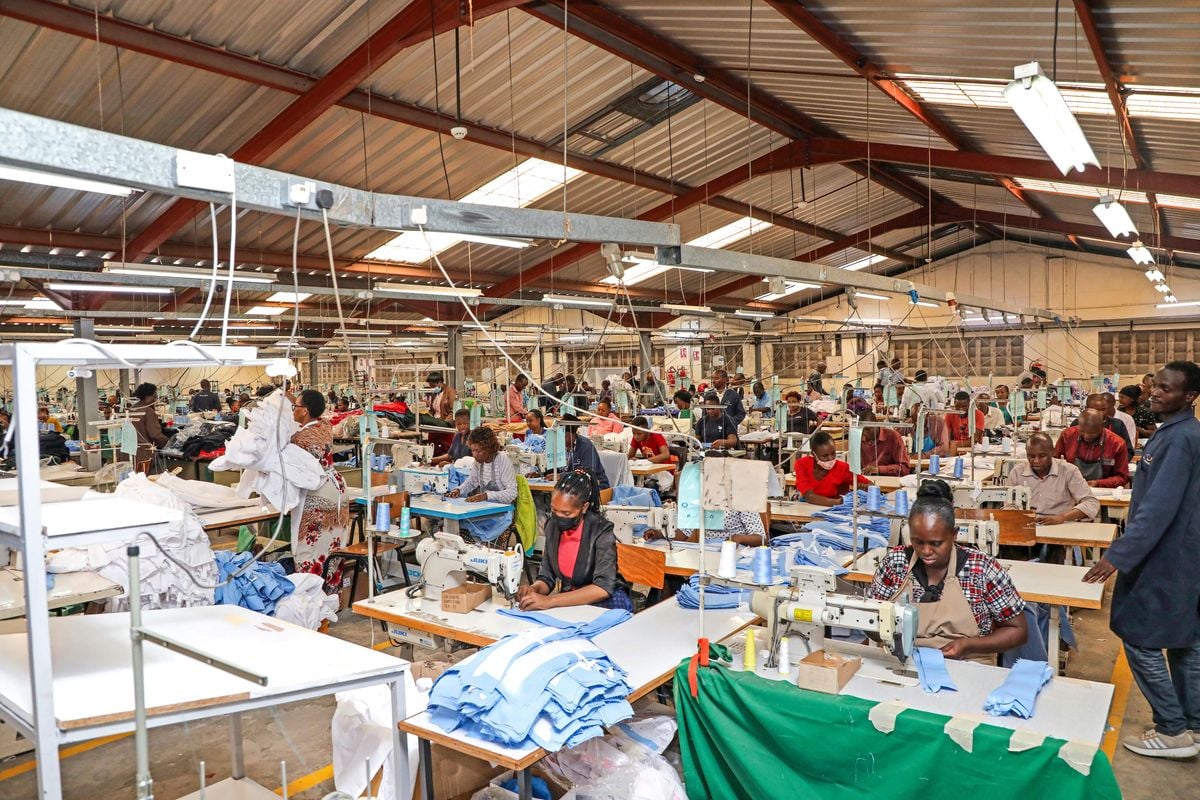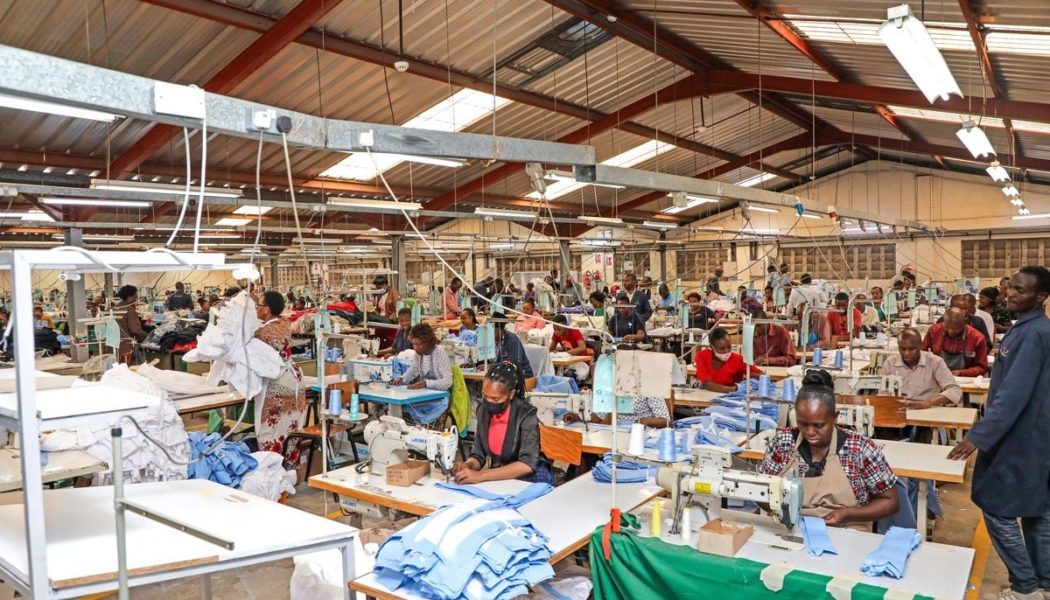
Kenya’s manufacturing sector has taken the biggest hit from private sector credit slowdown occasioned by high commercial bank lending rates and rising non-performing loans.
Total credit to the sector fell by Sh38.8 billion to Sh597.9 billion in three months to the end of March from Sh636.7 billion in December 2023.
The drop represents nearly half of the Sh82.2 billion slump in private sector credit in the opening quarter of the year with segment loan book dipping to Sh3.829 trillion from Sh3.911 trillion.
Falling credit to goods makers represents the compounding of difficulties for the sector which saw its slowest growth rate in 16 years at 1.3 percent in the first quarter, dragged down by high costs and new taxes.
The sector witnessed its slowest growth rate since the 2008 post-election violence as market participants felt the heat of costlier inputs and new tax measures such as effecting of the export and promotion levy.
Cement firms other than Bamburi, Mombasa and Simba Cement which make their own clinker have borne higher costs affecting volumes of the product whose output dropped to 2.1 million tonnes in the first quarter ended March from 2.3 million tonnes a year earlier.
Private sector credit has been dragged down by high interest rates and rising loan defaults with the factors combining to push credit out of reach of some borrowers while steep non-performing loans have seen banks tighten lending terms.
Lending to the private sector has also been impacted by the appreciation of the Kenya shilling, which has cut the foreign currency loan book, covering part of borrowings to manufacturing.
Private households have defied the slowdown in credit as the sub-sector marks a Sh42 billion loan book growth in the quarter.
“The level of non-performing loans is expected to remain constant in eight economic sectors, increase in personal and household and trade sectors and decrease in transport and communication during the next quarter. In the first quarter of 2024, credit standards remained unchanged in 10 economic sectors. Credit standards for the personal and household sector were tightened,” the Central Bank of Kenya observes in its latest credit survey.
The CBK noted an increase in defaults in the agriculture, real estate, tourism, restaurants and hotels, trade and building and construction sectors as at June.
The mining and quarrying, consumer durables and business services sectors have also been outliers with their loan books marking the only other increases in the quarter at Sh5.3 billion, Sh0.6 billion and Sh3.7 billion respectively.
All other broad economic sectors saw a decline in credit with the trade loan book shrinking by Sh17.8 billion, the transport and communications book dipping by Sh20.6 billion while the finance and insurance and real estate borrowings have fallen by Sh24.6 billion and Sh11.6 billion respectively.
Gross non-performing loans topped Sh641.3 billion at the end of March from Sh621.3 billion in December with the default rate subsequently touching an 18-year high of 16.1 percent in April.
Businesses and households have struggled to make payments in a high interest rate environment even as economic conditions remain soft with consumers seeing cuts in disposable incomes warranting a drop in discretionary spending.
High interest rates have meanwhile been informed by the increased benchmark lending rate by the CBK which rose from 9.5 percent in June last year to 13 percent at present.
The CBK expects its actions to keep credit growth subdued going into the second half of 2024.
“Growth in private sector credit is expected to remain moderate in the near term consistent with a tight monetary policy stance,” CBK noted in its April bi-annual report of its Monetary Policy Committee.









